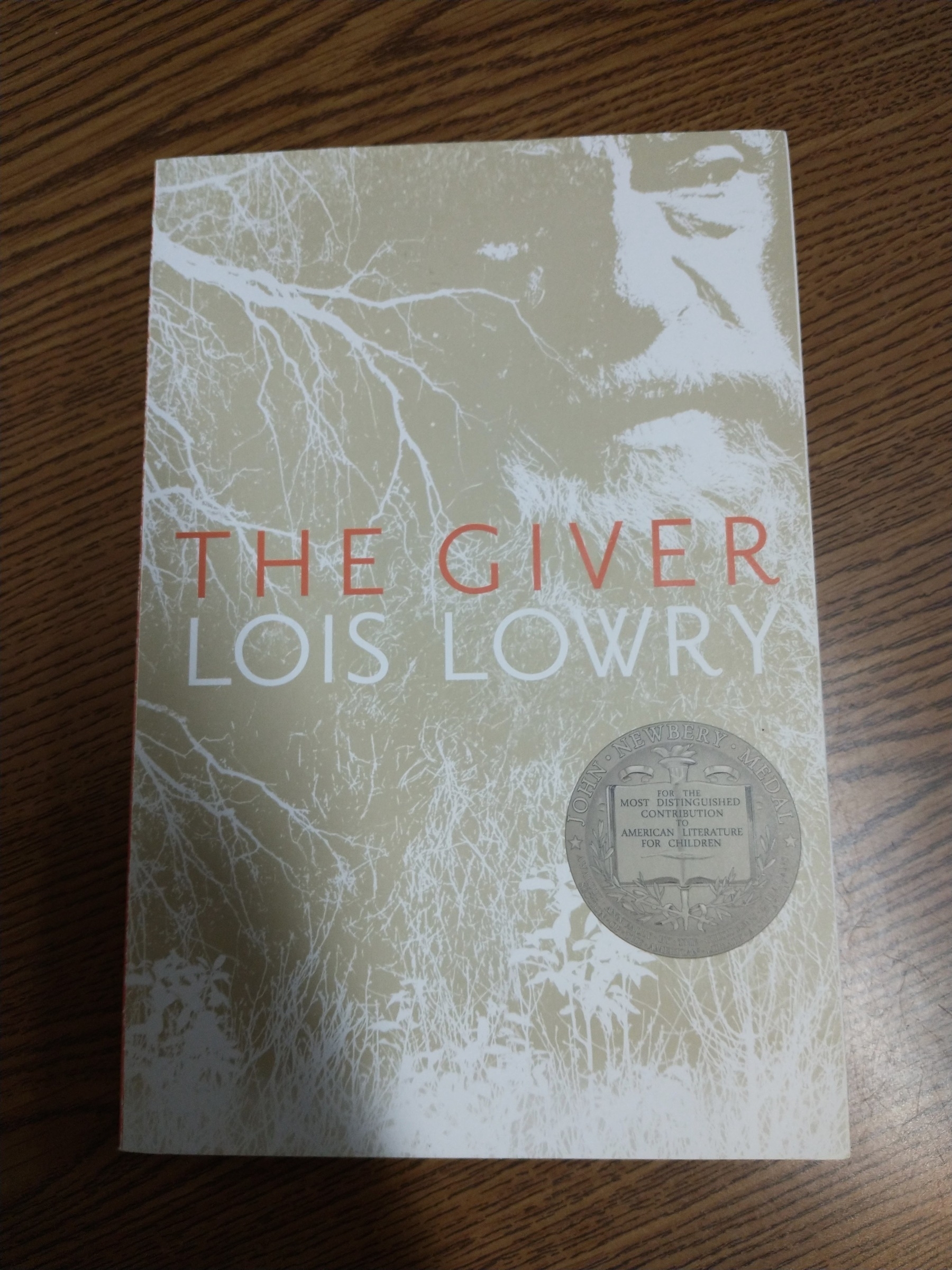Completed my first 5K run in years and made in just under 30 mins which isn’t too bad for a 52 year old weekend jogger.
Completed my first 5K run in years and made in just under 30 mins which isn’t too bad for a 52 year old weekend jogger.
Currently reading: Two powers in heaven : early rabbinic reports about Christianity and gnosticism by Segal 📚
Currently reading: Everyday Dharma by Suneel Gupta 📚
Food Truck Festival weekend in the hometown.

“The society of laboring and achievement is not a free society. It generates new constraints. Ultimately, the dialectic of master and slave does not yield a society where everyone is free and capable of leisure, too. Rather, it leads to a society of work in which the master himself has become a laboring slave. In this society of compulsion, everyone carries a work camp inside. This labor camp is defined by the fact that one is simultaneously prisoner and guard, victim and perpetrator. One exploits oneself.” — Byung-chul Han, The Burnout Society
It’s Saturday morning after my first full teaching week, so of course the cat jumped on my head at 3:50 this morning. Early start to the weekend for me! Honestly though, I got up with something of a brainstorm for my coaching business and have spent the last couple hours mapping out the possibilities. Guess I’ll forgive the cat….for now.
No matter what I do in terms of exercise and nutrition, I always seem to get run down the second week back teaching. I’ll catch a cold or get so run down tired that I need to head to bed around 8PM for a few nights. It’s been this way for ~25 years.
This year I’m just leaning into it. Getting a lot of extra sleep and taking it generally easy outside of work. Here’s to a few weeks of sloth I guess.
One more time teaching dystopian fiction with Jonas and friends.

Labor Day Parade 2024 with my eldest working for the local TV station. Super proud of her.

I am trying to add Threads to the auto-share portion of my Micro Blog account but keep getting this error message:
{“error_message”:“Invalid Request: The user has not accepted the invite to test the app”,“error_code”:1349245}
Any @help ?
Watching some live music during my town’s Labor Day festivities.

Workin'

Final day of summer vacation. Back to the teaching grind tomorrow.

Today, if I mention Christians and controversial books the first image that probably comes to mind is book banning or even burning. But lest we forget, at one time it was the Christians who actually saved books deemed controversial, or even demonic.
Trithemius, a 15th-century German abbot, scholar, and polymath, is famous for his contributions to occult philosophy and cryptography. Additionally, he was an influential historian and librarian, renowned for expanding and organizing the library at the monastery of Sponheim from a mere 50 books to over 2,000, many of them occult in nature.
Take this as your ever present reminder that books are not evil. Ideas deserve preservation.
Currently reading: The Evil Creator by M. David Litwa after hearing about it on the Esoterica YouTube channel. Interesting overview so far.
I’ve been thinking about the eastern concept of enlightenment lately and it’s brought to mind an old read. A few years back I read Jed McKenna’s Spiritual Enlightenment: The Damnedest Thing and in it he proffers his take on what enlightenment really is. It’s not a mystical union with the all-soul, or a blissed out oneness, it’s simply a realization. The realization that life as we know it is just a game, a ride, a rollercoaster if you will. It has it’s ups and downs and can be both exciting and terrifying.
Enlightenment is coming to the realization that life is just the rollercoaster and in realizing this we flatten the ride. No more ups and downs. No more excitement or fear. It all just “is.” But in the end, we are all destined to leave the carnival, so is it worth chasing this non-duality just to ruin the fun while we’re here?
If “all the world’s a stage” then isn’t playing our part the actual meaning of it all? Are we supposed to leave the Matrix early if we’re all destined to die and leave it anyway? In other words, is enlightenment and non-duality just a form of toxic spirituality ruining the fun?
For me I guess it all comes down to whether a given spirituality is life affirming or life denying. If Jed’s take is correct, and it feels reasonable, then chasing enlightenment feels pretty life denying to me. As always, happy to be proven wrong about this.
“Unless both rulers and ruled philosophize, it is impossible to make states blessed.” ~Justin Martyr
Spent some time reading from The Writings of Justin Martyr (Annotated) and this particular quote feels apropos for the election season we find ourselves in. I will always favor people who read and think deeply when it comes to voting. I always thought former senator of VT Patrick J. Leahy was a decent model when it comes to this.
Based on numbers I have seen economists sharing in order to have the same purchasing power my parents did in 1983 making around $35K I would need $165K. If I wanted their purchasing power in 1990 the number jumps to $246K. That in a nutshell explains our current politics.
The younger generations are understatedly upset. Those on the right channel this into anger, hence Trump. Those on the left channel it into “extreme liberalism.” Hence my college age son and many of his cohorts identifying as socialists.
I’m not a political scientist or an economist, so please tell me if I’m wrong, but is the basic solution simply to drastically raise corporate tax? To this layman it sure seems that way.
Looking at my TBR pile and despairing. 📚
“Buying books would be a good thing if one could also buy the time to read them.” — Arthur Schopenhauer
This is so my vibe most days.
Gratifying that the olympics is radicalizing many on real productivity (laziness punctuated by insane feral bursts of action) as against the casual cultural domination of fake productivity (constant performative busyness) pic.twitter.com/DhFPvTxI7u
— 𝕛 𝕖𝕝𝕝𝕚𝕠𝕥 (@j_elliot_art) July 31, 2024
“From Kojève’s perspective, a god cannot be free because a god has no need to act—a god is fully satisfied. For a god nothing matters, because nothing is at stake.” ~ Bertolt Brecht
Synchronicity
“Beware the dictatorship of doing.” ~ Pope Francis
“The Dude abides.” ~ The Dude
7/17/24
David Deutsch: “We have a duty to be optimistic. Because the future is open, not predetermined and therefore cannot just be accepted: we are all responsible for what it holds. Thus it is our duty to fight for a better world.”
I really like this idea. If free will exists then it is our duty to create the world we want. Hence optimism is the only way forward.
Note: Some argue that there is good evidence from studies performed by psychologists and neuroscientists that our decisions are predetermined by prior events. They make a pretty convincing case, so 🤷♂️
7/15/24
The louder the news gets, the more I turn up my magazine reading habit. I currently subscribe to The Economist and Astronomy. I find both to be oases of interesting writing that is neither combative or sensational. I just want to know what’s happening - on Earth and our solar system- without all the noise and handwringing.
If people in the media cannot decide whether they are in the business of reporting news or manufacturing propaganda, it is all the more important that the public understand that difference, and choose their news sources accordingly. ~ Thomas Sowell
I am very willing to pay for a quality weekly or monthly magazine if it allows me to ignore the day-to-day “news” rumblings.
“If our era were merely tragic! But it is revolting. This is why it must be brought to trial — and forgiven.”
— Albert Camus
We need two things, justice and mercy, to tackle society’s problems. Our politics are beyond simply broken, they are morally wrong, so we have to confront and hold ourselves accountable. But at the same time, even when we’re outraged, we still need empathy.
We need a balanced way to handle societal problems: one that acknowledges and judges wrongs but also allows for forgiveness and the chance for people to turn around. We need to create real meaning in a world that often doesn’t seem to care.